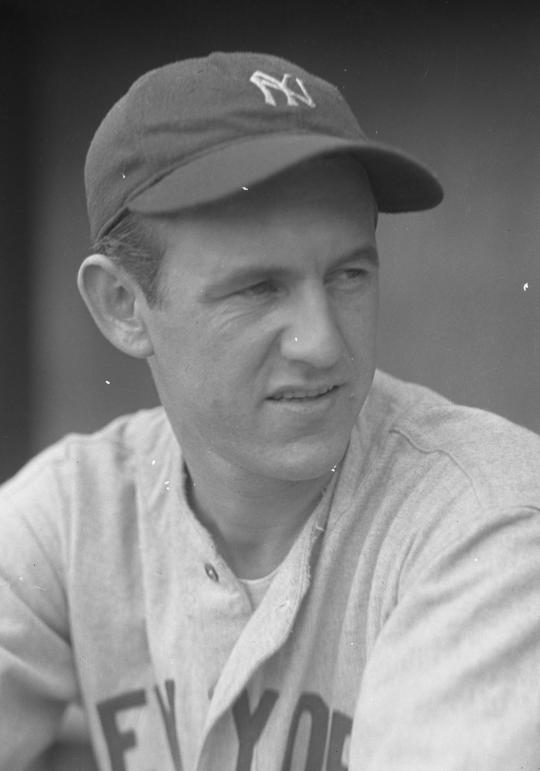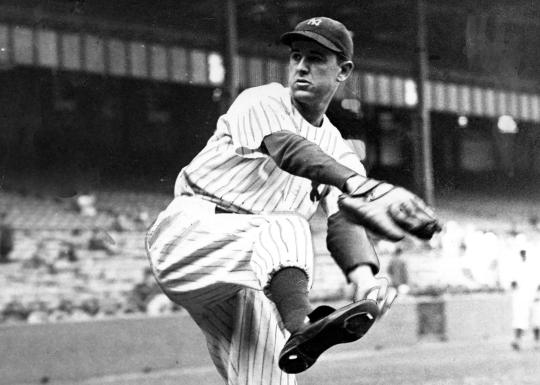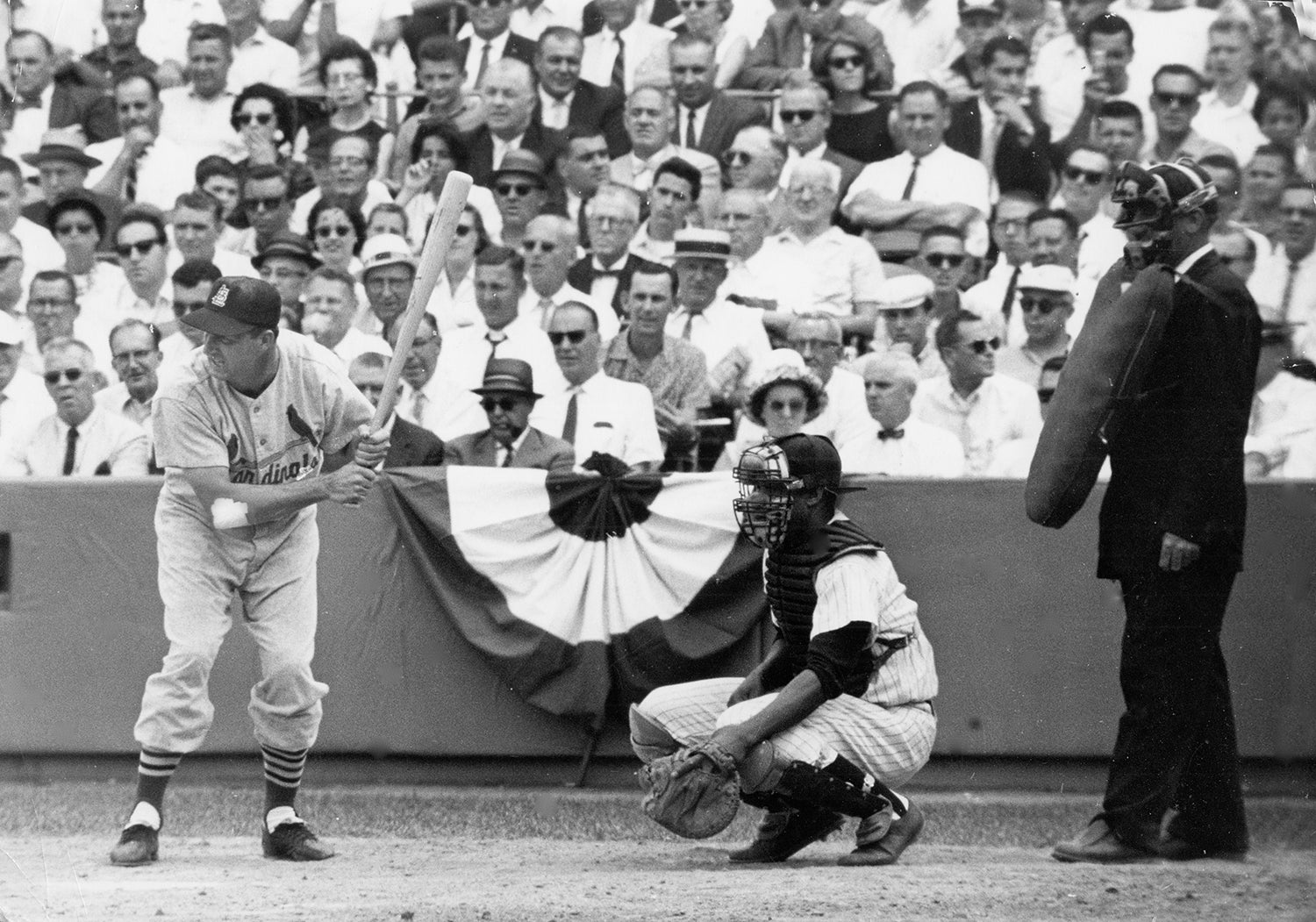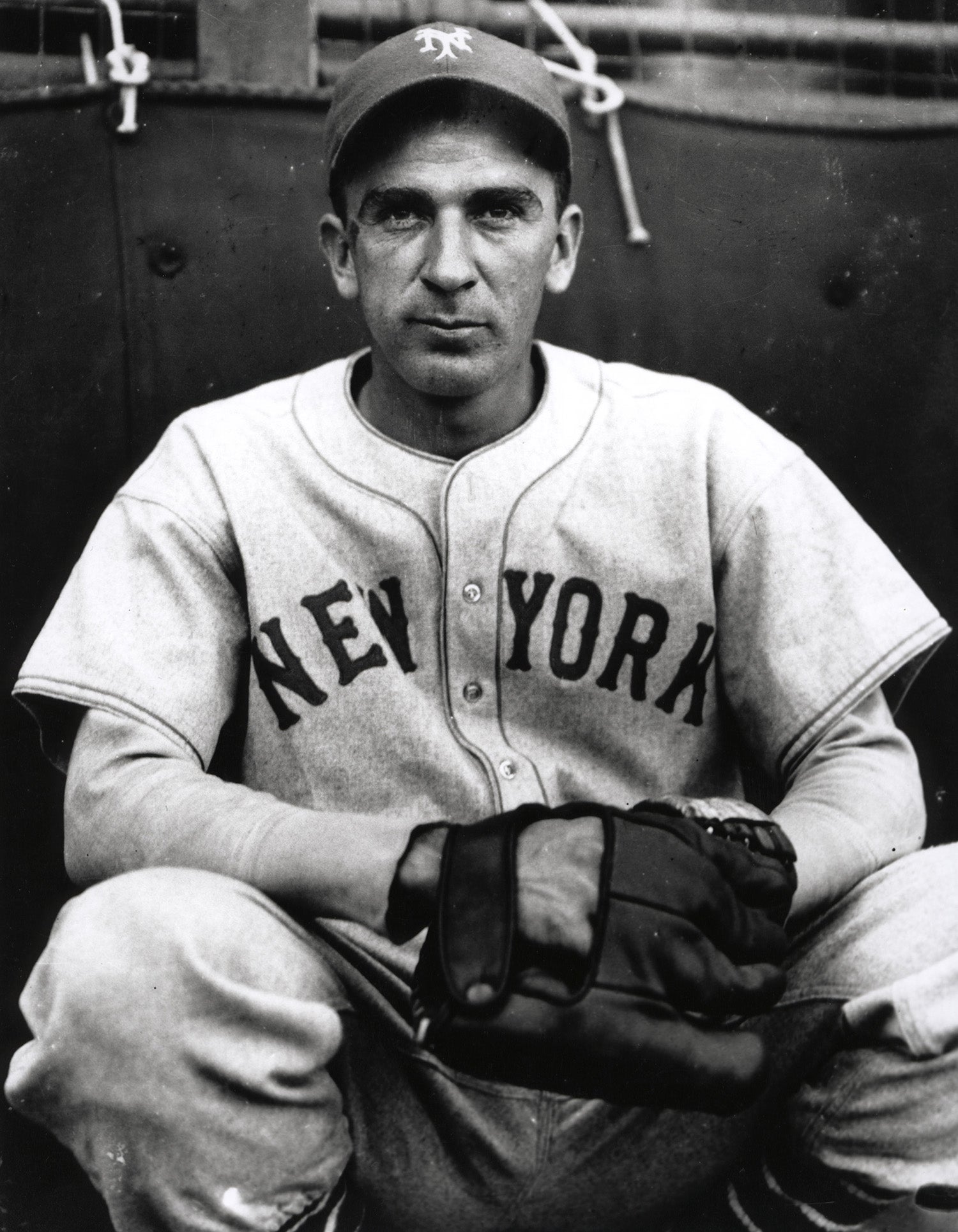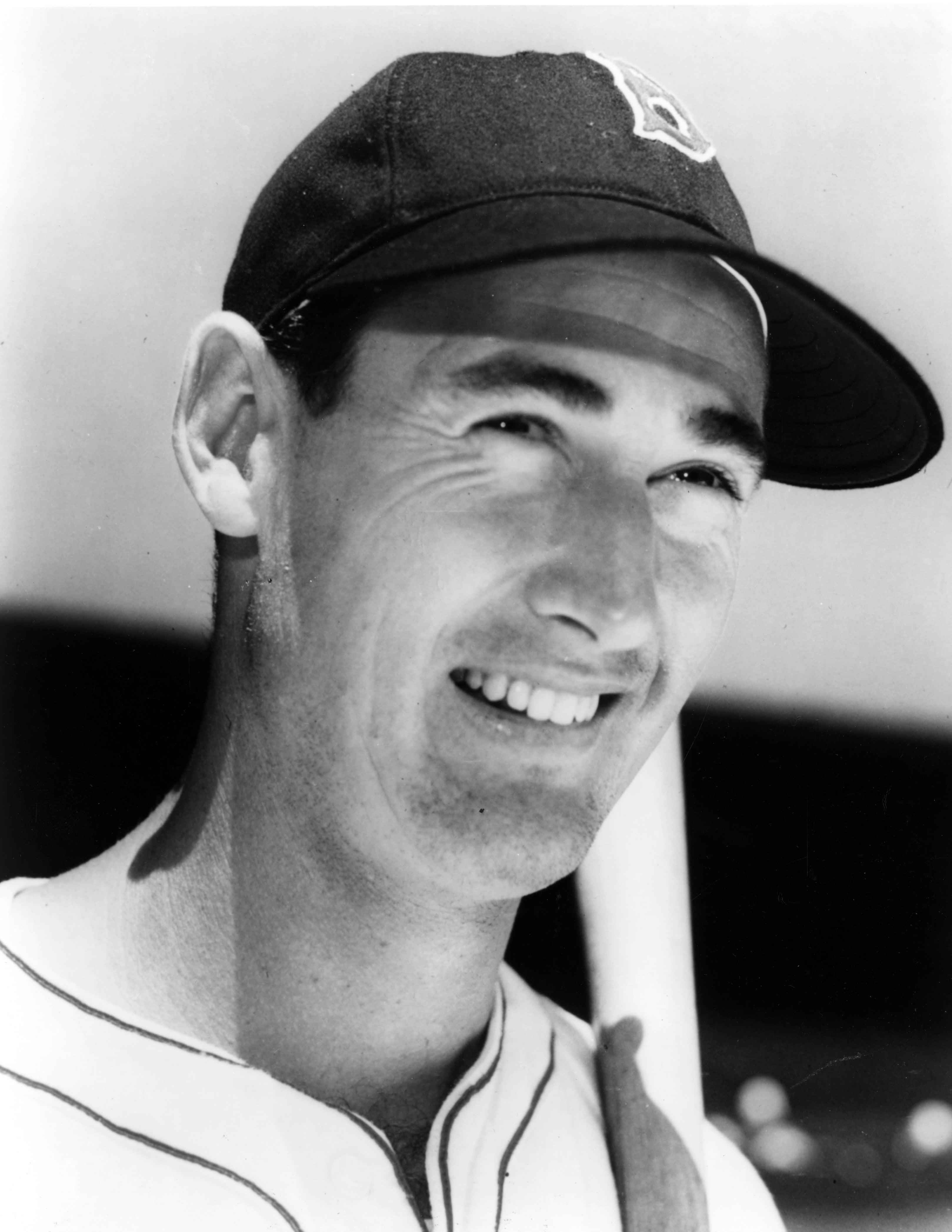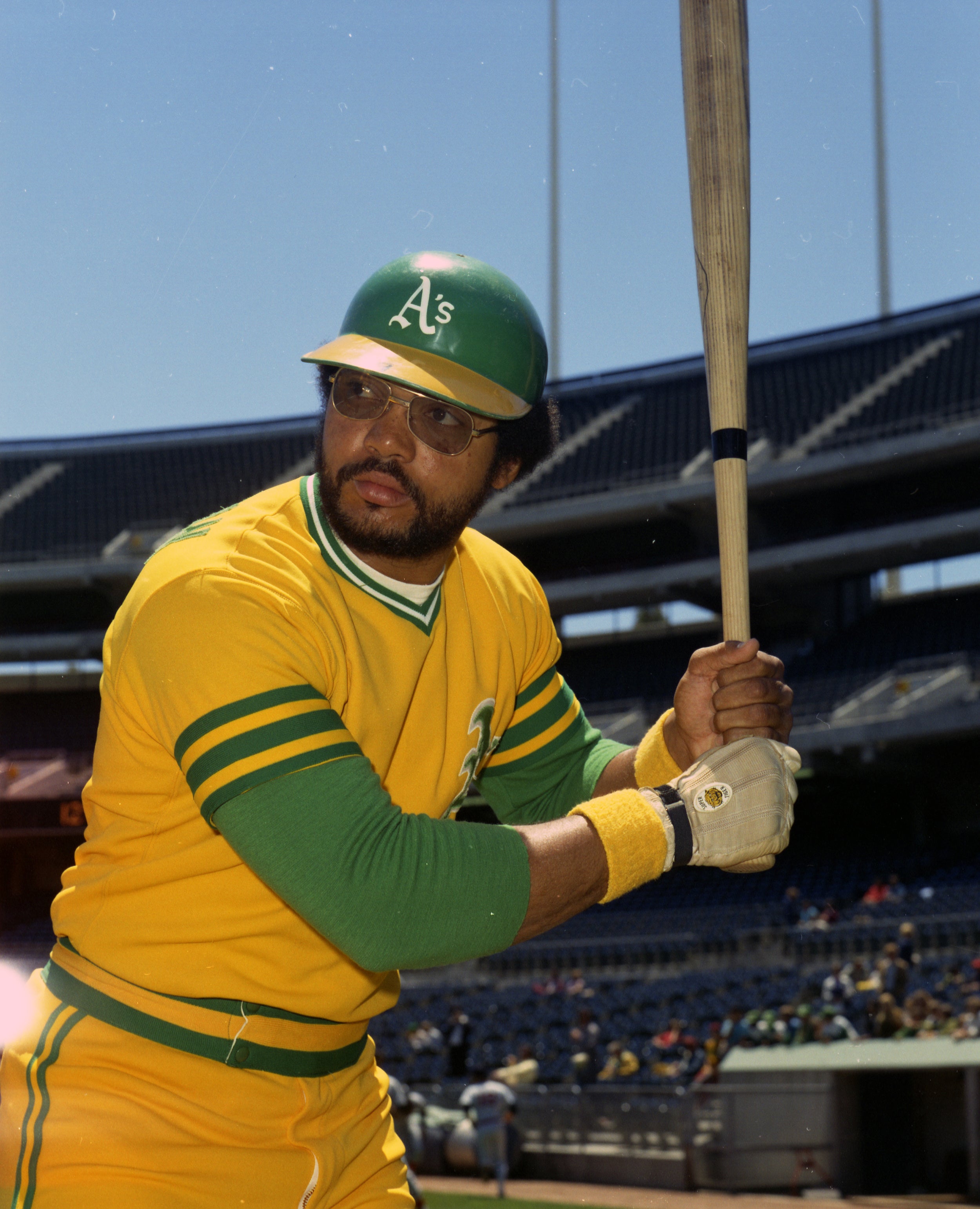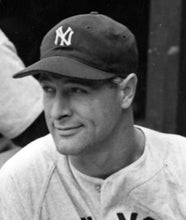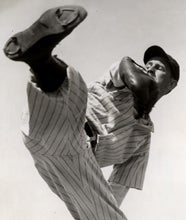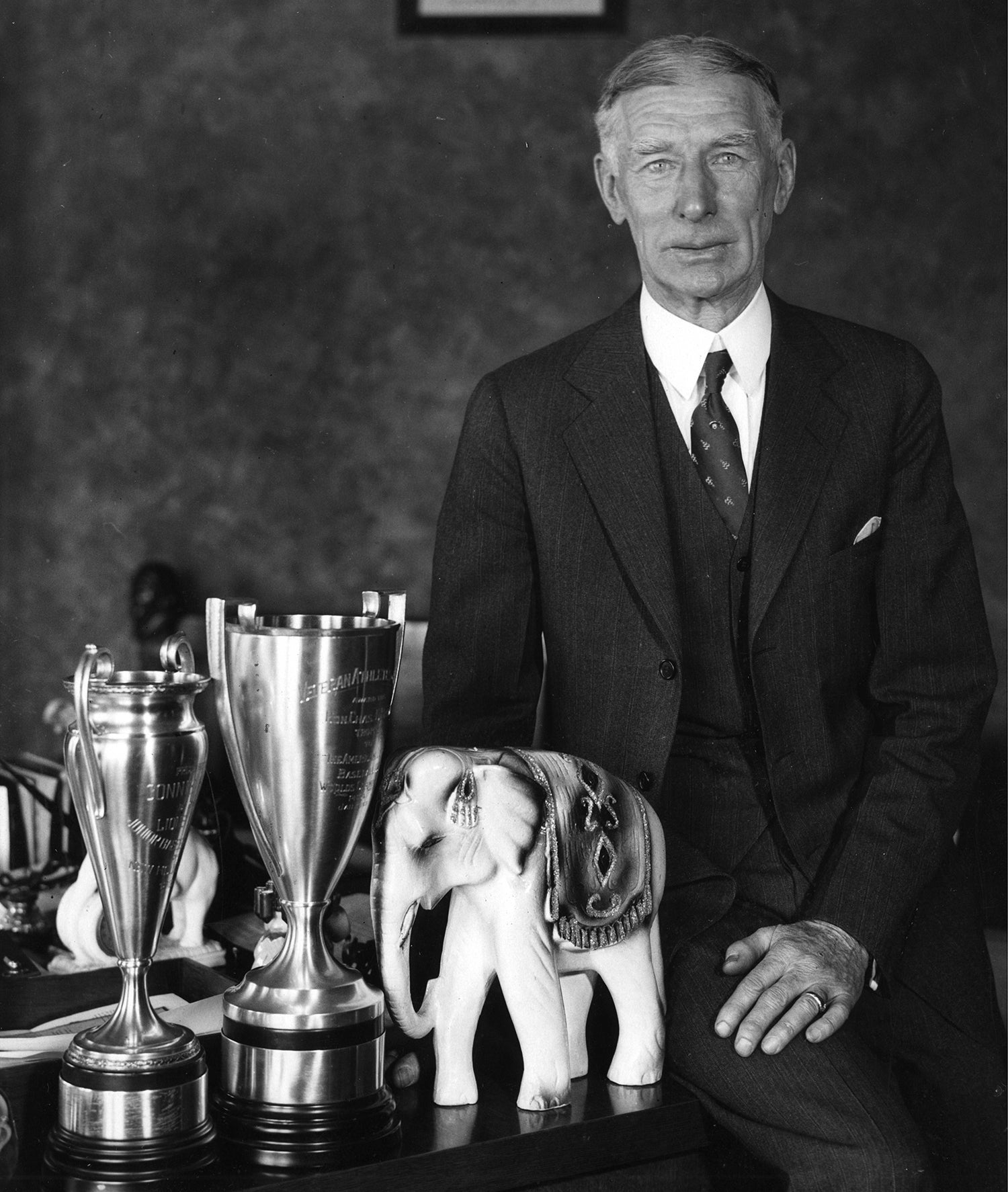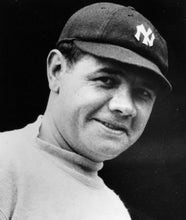- Home
- Our Stories
- Yankees' Lefty Gomez was the ‘first’ All-Star
Yankees' Lefty Gomez was the ‘first’ All-Star
Vernon Louis Gomez left his mark on the game of baseball. Whether it be his wit, humble nature or wicked fastball, Lefty Gomez was always memorable – and never strayed away from his passion to win.
Especially when it came to the biggest of games.
On July 6, 1933, Gomez pitched his way to the first-ever All-Star game hosted in Chicago. Not only did Gomez earn his spot in the All-Star game, but he had the honor of being the first-ever starting pitcher.
Be A Part of Something Greater
There are a few ways our supporters stay involved, from membership and mission support to golf and donor experiences. The greatest moments in baseball history can’t be preserved without your help. Join us today.
Comiskey Park welcomed 49,000 fans to celebrate the first event of its kind. Gomez entered Chicago playing on the American League team with Yankees teammates Babe Ruth, Lou Gehrig and Ben Chapman.
“Just you wait until the All-Star Game is played. The Yankee players will win it all by themselves. You wait and see,” former Yankees owner Colonel Tillinghast L'Hommedieu Huston told the Atlanta Constitution.
After the team’s warmup, Gomez made his way to the mound and threw the starting pitch to the National League’s Pepper Martin. The moment would be locked into history.
Many believed that Philadelphia A’s ace Lefty Grove would take the mound to start. Plenty of experts anticipated that starting Gomez was “a part of Connie Mack’s strategy,” according to the Chicago Tribune.
The game continued with Gomez pitching three full innings, and the National League failed to score in any of them. In all, Gomez allowed only two hits while on the mound.
“Gomez, who allowed only two scratch singles in three innings, and (Carl) Hubbell, who pitched the last two innings, were the best,” George Kirksey from the Vidette-Messenger said.
Prior to the All-Star game, Gomez led the majors in strikeouts, which is what paved his way to the All-Star Game election.
And with Gomez up to bat in the bottom of the second inning, a hit to left center drove home Jimmy Dykes. The Yankees pitcher brought in the first run of the All-Star game, welcoming even more history under his name.
After Gomez’s three-inning introduction to the Midsummer Classic, Babe Ruth’s second appearance at the plate resulted in the first-ever All-Star Game home run, bringing home Charlie Gehringer. By the bottom of the third, the American League was up 3-0.
With Grove and General Crowder closing out the innings of the game on the mound, the American League walked away with a 4-2 win over the National League.
The 1933 All-Star game would be the first of seven consecutive All-Star Game selections for Gomez. He would start the All-Star Game five times.
Gomez was elected to the Hall of Fame in 1972.
Larkin Richards is the 2022 social media intern in the Hall of Fame’s Frank and Peggy Steele Internship Program for Youth Leadership Development

